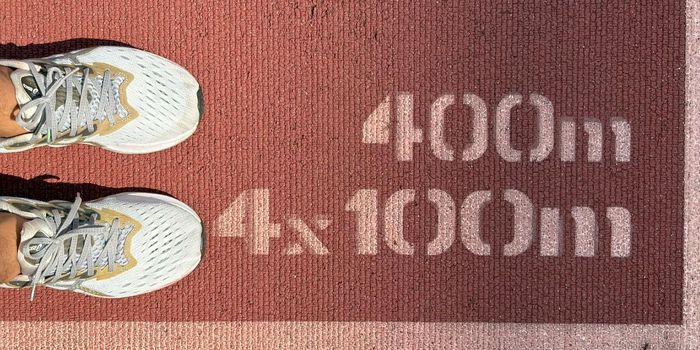Transverse Myelitis Listed as a Side Effect of AstraZeneca's Viral Vector COVID-19 Vaccine, Recommended for J&J's Vaccine
After reviewing data, the European Medicines Agency (EMA) concludes there is a likely causal relationship between the UK's AstraZeneca and the US's Johnson & Johnson COVID-19 vaccines and the inflammatory condition transverse myelitis, reported after vaccination. They've added the condition as an adverse reaction to AstraZeneca's vaccine and recommend it be added to the Johnson & Johnson vaccine.
Both vaccines are viral vector vaccines. They use non-replicating adenoviruses, viruses that frequently cause common cold symptoms, to deliver DNA sequences encoding the SARS-CoV-2 spike protein so that our cells make the spike protein and present it on their surfaces to incite an immune response. Because these vaccines contain non-replicating adenoviruses, meaning they don't contain genetic material for viral replication and infection, higher doses of the viral vector are needed to stimulate the immune system, potentially causing undesirable reactions to the vector itself.
According to the EMA, the frequency of vaccine-induced transverse myelitis is unknown at this time.
Transverse myelitis is a rare inflammatory disorder where the spinal cord becomes inflamed, causing sensory, motor and autonomic dysfunction, including limb weakness, pain, tingling, numbness and bowel, bladder and sexual dysfunction. Symptoms vary depending on areas of the spinal cord affected, with the thoracic region most commonly affected. Transverse myelitis can occur with neurological autoimmune conditions, such as multiple sclerosis, neuromyelitis optica, acute flaccid myelitis and acute disseminated encephalomyelitis. Symptoms can be temporary and last as little as 3 to 6 months or can be permanently disabling. In general, it's estimated that 33% of patients with transverse myelitis make a full recovery, 33% have chronic, moderate symptoms and 33% are permanently disabled.
Both viral vector vaccines have also been linked to the other inflammatory condition thrombosis with thrombocytopenia syndrome, or vaccine-induced thrombotic thrombocytopenia. In this condition, the body produces antibodies that target platelets, causing low platelet levels and clumping of platelets to cause clots. Clots are most likely to occur in the brain followed by the abdominal region.
The EMA also recommends AstraZeneca update its product information to say vaccine-induced thrombotic thrombocytopenia is most likely to occur after the first shot of the two-part series. Of the reported 1,809 cases worldwide, 1,643 were reported after the first dose.
Sources: Reuters, Hematology, Lancet Hematology, Adv Drug Deliv Rev, Vaccines, StatPearls








